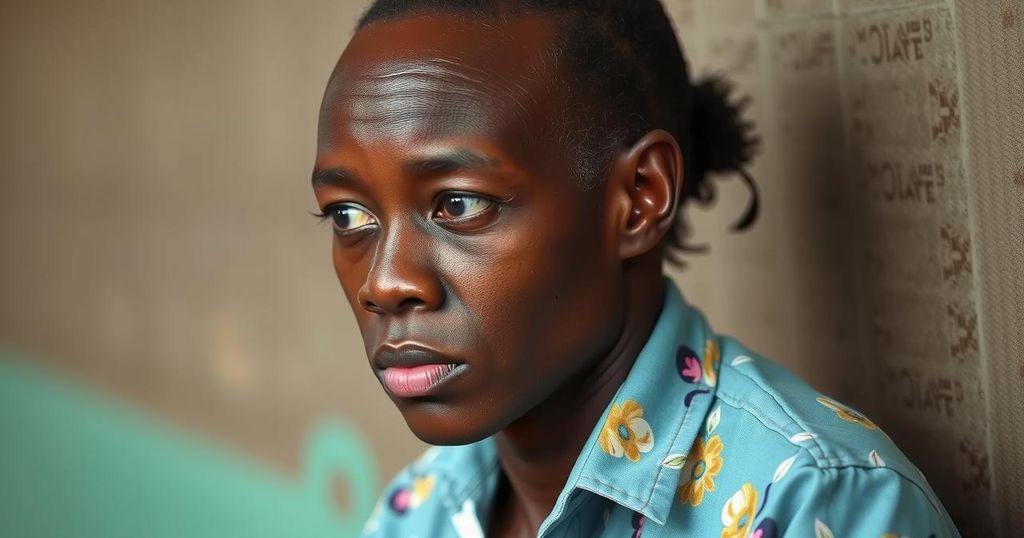The mental health crisis in eastern Congo has reached alarming levels due to years of conflict, with significant increases in depression, anxiety, and suicidal thoughts among displaced individuals. Organizations report a 200% rise in requests for mental health support, but funding remains critically low. Survivors of violence and sexual assault are particularly affected, emphasizing the urgent need for comprehensive care and intervention.
The prolonged conflict in eastern Congo has precipitated an alarming mental health crisis, especially among displaced populations. One individual, Nelly Shukuru, describes her overwhelming despair after being uprooted from her home due to violence. Support for mental health care is scarce despite an increase in requests, with some aid organizations noting that the number of individuals seeking psychosocial assistance has surged over 200% this year. The toll of conflict has led to heightened levels of anxiety, depression, and suicidal thoughts among the displaced, with reports indicating a troubling rise in suicidal ideation.
The region is plagued by the presence of over 100 armed groups, particularly with the resurgence of the M23 rebel group. Amidst this chaos, many struggle to cope, leading to a growing number of individuals exhibiting symptoms of post-traumatic stress disorder, insomnia, and substance abuse. The local population’s mental health remains precarious, exacerbated by the lack of adequate support. Despite the United Nations highlighting the urgent need for funding, less than 30% of the necessary resources for mental health protection have been acquired this year.
Moreover, cases of sexual violence are prevalent, with numerous survivors seeking help from organizations like Doctors Without Borders, which reported unprecedented treatment numbers for survivors. Tension remains high in makeshift camps that not only lack safety but often become sites for further violence. Community-based initiatives are attempting to raise awareness about mental health issues, yet stigma continues to inhibit individuals from seeking help.
Organizations such as War Child strive to aid traumatized youth through expressive activities, offering crucial temporary relief. However, the circumstance describes a pervasive crisis that demands immediate and sustained international attention. As individuals like Shukuru grapple with insurmountable despair, it is critical to address the systematic failures that have led to widespread mental health suffering in this context.
The relentless violence in eastern Congo has generated a multifaceted humanitarian crisis characterized by widespread displacement and a significant decline in mental health. With more than 100 armed factions competing for control in the region, the ongoing instability has led to an escalation of human rights abuses, including sexual violence and domestic strife. The resulting societal pressure has spurred a marked increase in mental health disorders, necessitating urgent intervention while highlighting the shortcomings in the international response to the crisis. The psychological implications of prolonged conflict have compounded due to inadequate funding and resources allocated for mental health support, leaving vulnerable populations largely without assistance.
The mental health crisis in eastern Congo is an urgent issue stemming from years of conflict and instability. While organizations are beginning to recognize the importance of psychological support, the funding and resources allocated remain insufficient to meet the needs of those affected. Addressing this crisis requires a coordinated effort from local and international stakeholders to provide comprehensive mental health services and support. Without immediate action, countless individuals will continue to suffer in silence amid the chaos of their daily reality.
Original Source: www.ap.org






